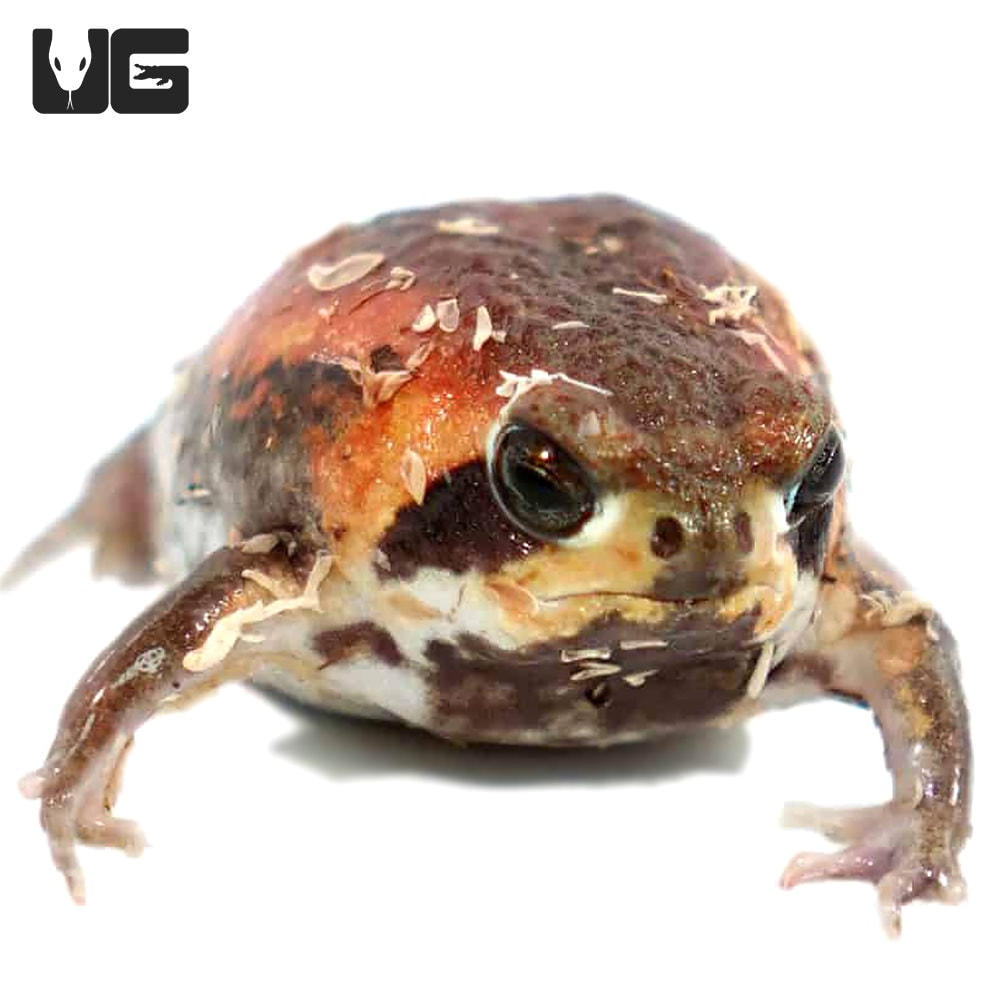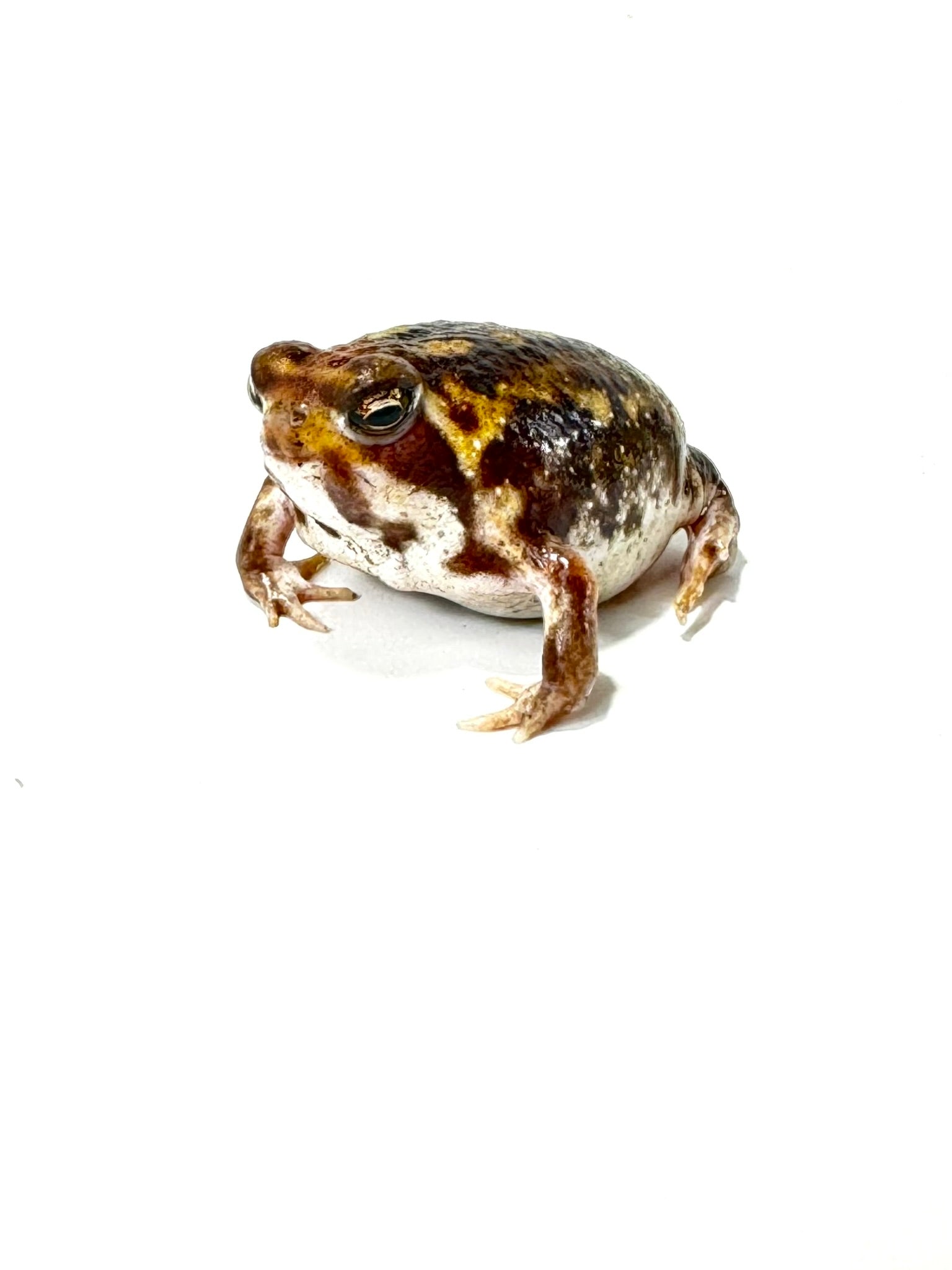Rain Frog for Sale: Open the Appeal of Nature with Your Own Amphibian Companion!
Rain Frog for Sale: Open the Appeal of Nature with Your Own Amphibian Companion!
Blog Article
Common Health Issues in Reptiles: Symptoms and Solutions
In the intricate world of reptile care, comprehending the common health and wellness issues that might affect these one-of-a-kind animals is paramount in ensuring their well-being. Whether it's grappling with parasitic invasions, browsing dehydration concerns, or attending to skin conditions that materialize in subtle means, being attuned to the symptoms and equipped with the understanding of effective remedies is important for any kind of reptile proprietor.
Breathing Infections
Respiratory infections in reptiles can substantially affect their general health and call for punctual interest from knowledgeable vets. These infections are frequently triggered by bacteria, fungi, or infections and can show up with signs such as wheezing, nasal discharge, open-mouth breathing, and lethargy. In reptiles, breathing infections can be specifically challenging to diagnose and deal with as a result of their distinct anatomy and physiology. Veterinarians frequently depend on a mix of physical exams, diagnostic imaging, and research laboratory tests to precisely identify the underlying reason for the infection.
Therapy for respiratory infections in reptiles typically includes a mix of encouraging treatment, such as preserving proper moisture degrees and temperature slopes in the enclosure, in addition to targeted medicine to attend to the details pathogen accountable for the infection. It is crucial for reptile proprietors to monitor their animals closely for any type of indications of breathing distress and look for vet care at the earliest indicator of an issue. With prompt treatment and proper therapy, many reptiles can recoup completely from respiratory infections and return to regular tasks.

Metabolic Bone Illness
What variables add to the advancement of Metabolic Bone Condition in reptiles?
Metabolic Bone Illness (MBD) in reptiles is primarily caused by an absence of proper calcium, phosphorus, and vitamin D3 levels in their diet. In addition, insufficient direct exposure to UVB light prevents reptiles from manufacturing vitamin D3, which is crucial for calcium absorption and bone health and wellness.
Other contributing elements to MBD consist of inappropriate temperature level gradients within the reptile's environment, leading to reduced metabolism and impaired calcium absorption. Not enough humidity degrees can likewise influence a reptile's ability to metabolize calcium successfully. Moreover, particular reptile varieties have details nutritional requirements that, otherwise satisfied, can raise the likelihood of establishing MBD. Regular veterinary exams, appropriate husbandry practices, and a well balanced diet regimen are necessary to protect against Metabolic Bone Disease in reptiles.
Parasitic Invasions
Parasitic problems pose a significant health danger to reptiles, impacting their total well-being and needing punctual vet interest. Reptiles can be influenced by numerous parasites, including termites, ticks, internal worms, and protozoa. These bloodsuckers can create an array of signs and symptoms, such as weight reduction, lethargy, skin inflammation, diarrhea, and even death if left untreated.
One typical bloodsucker discovered in reptiles is the mite, which can create skin anemia, irritability, and anxiety. Ticks are another exterior parasite that can send diseases and create discomfort to the reptile. Inner bloodsuckers like worms and protozoa can bring about gastrointestinal issues, lack of nutrition, and deteriorate the reptile's body immune system.
To detect a parasitic infestation, a from this source veterinarian may perform fecal examinations, skin scrapings, or blood tests. Therapy commonly entails deworming medicines, antiparasitic bathrooms, or in extreme situations, hospitalization. Preventative steps such as routine veterinary exams, correct health, and quarantine procedures for new reptiles can aid decrease the risk of parasitic invasions and make certain the well-being of reptile animals.
Dehydration and Hydration Issues
Dehydration in reptiles can considerably impact their health and wellness and wellness, demanding prompt treatment and proper hydration administration. Reptiles are vulnerable to dehydration because of different aspects such as insufficient water consumption, high ecological temperature levels, and particular wellness problems. Signs and symptoms of dehydration in reptiles include sunken eyes, lethargy, loss of skin elasticity, and lowered peeing. If left neglected, dehydration can lead to major health and wellness problems and also be deadly to the reptile.
To stop dehydration, reptile proprietors must make certain that their family pets have access to clean water in any way times. The water meal must be big enough for the reptile to saturate in if needed, specifically click this link for species that take in water through their skin. In addition, maintaining proper humidity degrees in the reptile's enclosure and supplying regular baths can aid stop dehydration.
In instances of dehydration, it is critical to look for vet care quickly. A veterinarian may carry out fluids either orally or with shots to rehydrate the reptile. It is vital to deal with the underlying source of dehydration to avoid reoccurrence and make sure the reptile's overall wellness.
Skin Conditions

Verdict

Breathing infections in reptiles can significantly affect their general health and read review wellness and call for timely interest from experienced veterinarians (rain frog for sale). Preventative measures such as normal veterinary examinations, correct hygiene, and quarantine treatments for brand-new reptiles can aid reduce the risk of parasitic invasions and make sure the well-being of reptile pet dogs
If left without treatment, dehydration can lead to serious health concerns and even be fatal to the reptile.
Frequently checking your reptile for any kind of changes in skin structure, appearance, or shade can help in early detection and treatment of skin disorders, promoting the total health and wellness and health of your flaky buddy. - rain frog for sale
In conclusion, reptiles are prone to various health and wellness issues such as respiratory system infections, metabolic bone disease, parasitic invasions, dehydration, and skin conditions.
Report this page